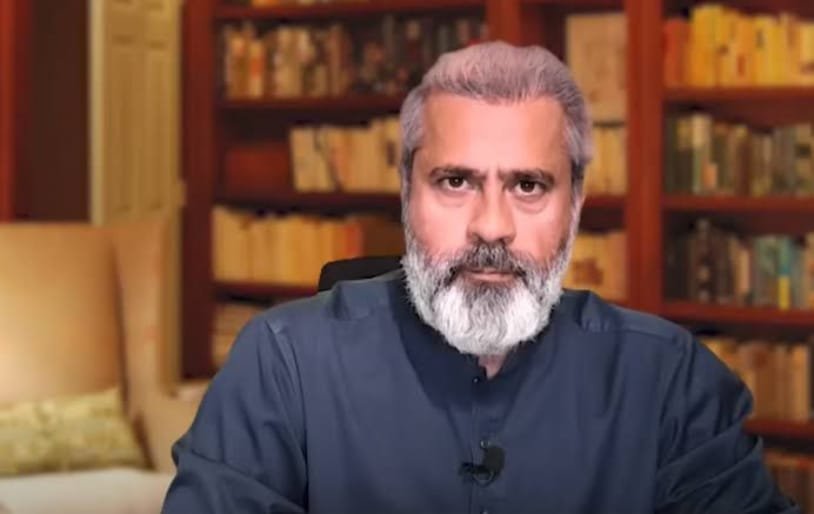In a significant development, renowned journalist and anchorperson Imran Riaz Khan has reportedly succeeded in leaving Pakistan. This news has sparked widespread discussion across media platforms and among his followers, with many speculating about the reasons behind his departure.
The Journey of Imran Riaz Khan
Imran Riaz Khan, a prominent figure in Pakistan’s media landscape, has been known for his fearless reporting and vocal stance on political and social issues. Over the years, his bold opinions have often placed him in the spotlight—both positively and negatively. Despite facing considerable challenges, including legal hurdles and alleged threats, he continued to stand firm in his commitment to journalistic integrity. Reports suggesting that Imran Riaz left Pakistan highlight the immense pressures he might have faced in recent times.
Challenges Leading to the Departure
Khan’s departure comes after a series of events that underscored the mounting difficulties faced by journalists in Pakistan. These include increasing restrictions on freedom of speech, a challenging media environment, and alleged targeted actions against independent journalists. The speculation that Imran Riaz left Pakistan due to safety concerns resonates with a broader narrative of shrinking space for dissenting voices in the country.
Several sources close to the journalist suggest that his decision was driven by concerns over personal security and professional limitations. While no official statement has been issued by Khan himself, insiders believe that the move was a calculated step to continue his work without compromising his safety.
Implications of His Exit
The fact that Imran Riaz left Pakistan serves as a stark reminder of the challenges faced by the country’s media fraternity. His departure has raised questions about the state of press freedom and the ability of journalists to operate independently. The broader implications of this development extend beyond one individual, as it highlights the systemic issues that plague the media industry in Pakistan.
For his supporters, Khan’s exit signifies a loss for local journalism, as his critical insights and investigative reporting have often served as a counterbalance to mainstream narratives. On the other hand, his critics view this as an opportunity for a more moderated media discourse.
Future Prospects
As Imran Riaz left Pakistan, speculation has turned towards his potential plans abroad. Many expect him to continue his journalistic endeavors from a safer environment, leveraging digital platforms to reach his audience. With an established following and a reputation for hard-hitting journalism, Khan’s voice is unlikely to be silenced despite geographical barriers.
His move could also inspire discussions about creating safer working conditions for journalists and addressing the broader challenges of press freedom in Pakistan. International media organizations and watchdogs might take this opportunity to advocate for more robust protections for journalists in the country.
Conclusion
The news that Imran Riaz left Pakistan is a turning point in the story of Pakistan’s media landscape. It not only highlights the personal struggles of a journalist but also underscores the broader systemic issues that need to be addressed. Whether this move marks the beginning of a new chapter in Khan’s career or a temporary pause remains to be seen, but one thing is certain: his influence on the media world is far from over.


